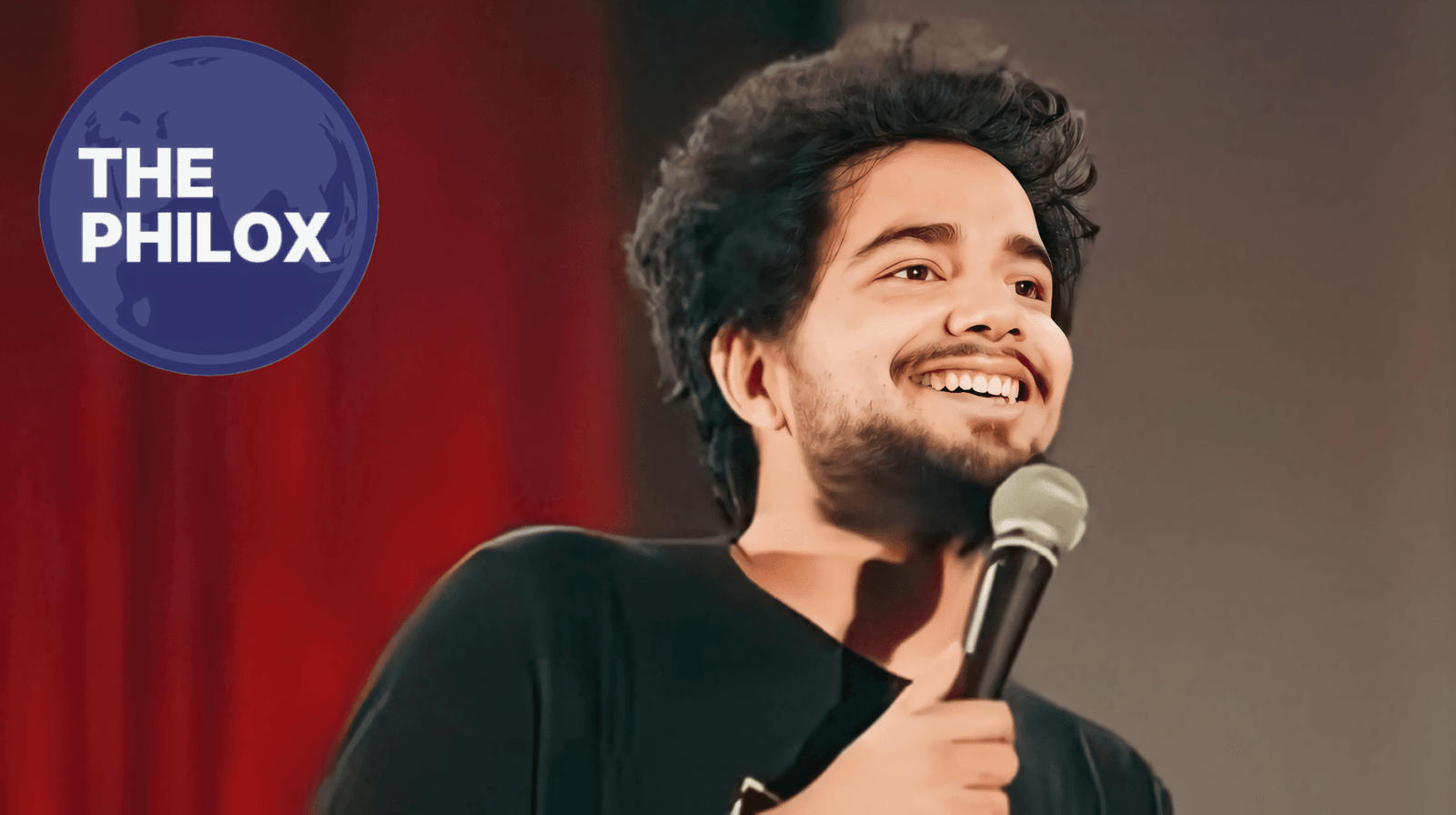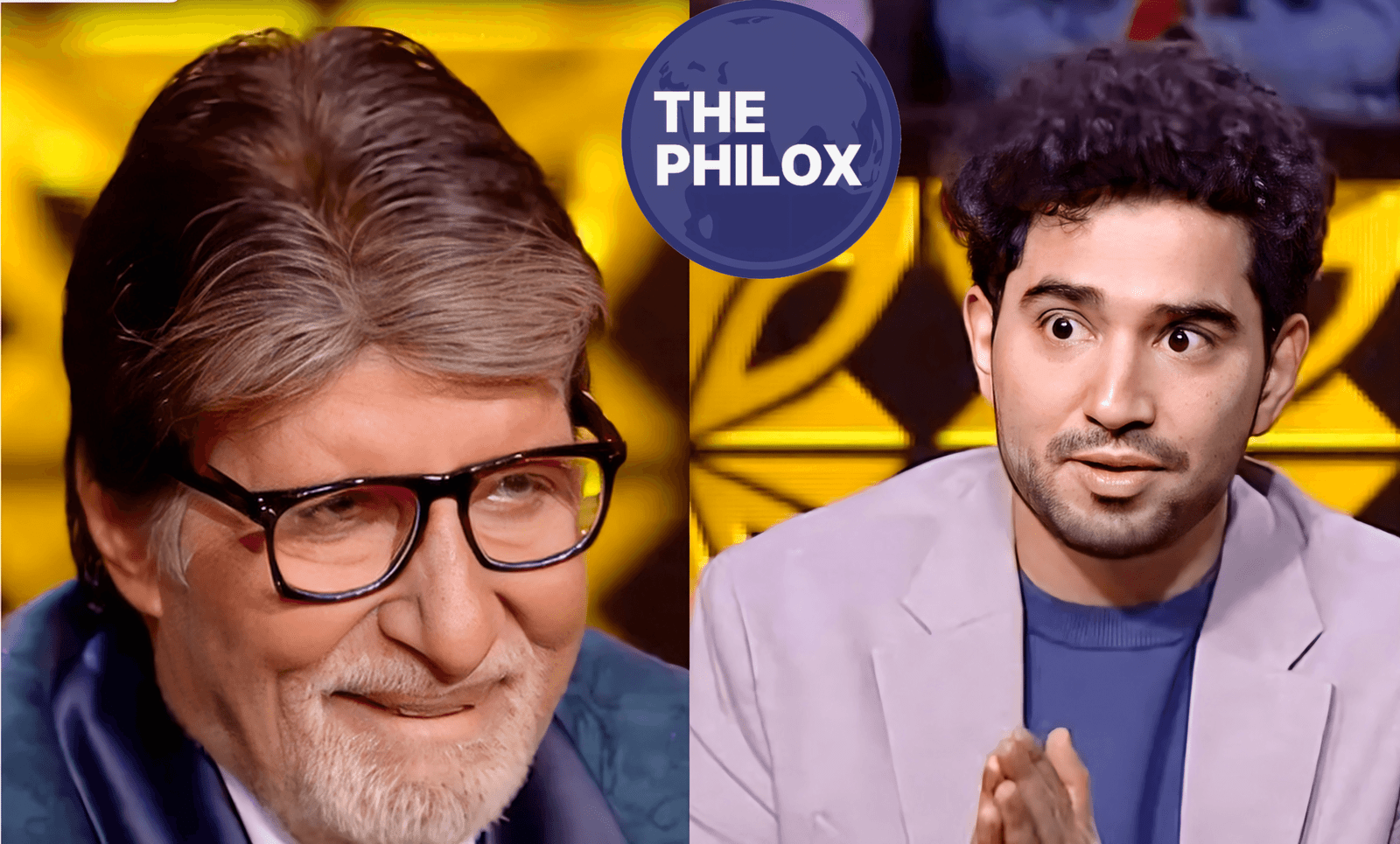Comedy depends on stretching limits, but when those limits blur into controversy, the effects can be very significant. Following a strong public outrage about his YouTube show, India’s Got Latent (IGL), comedian Samay Raina is exactly experiencing.
A clip from the event showing guest judge Ranveer Allahbadia asking a contestant an inappropriate question went viral and sparked a lot of controversy concerning the nature of humor in India as well as legal action.
Samay’s parents moved forward to offer their viewpoint as criticism grew, clarifying their son’s objectives, the selective manner he shared his work with them, and their conviction that broader industry factors drive the debate.
Parents Not Knowledgeful of Complete Show Content
The parents of Samay Raina have freely stated their support for their son, disclosing that their viewing of his show consisted only on a few segments he personally selected for them.
Samay seemed to have carefully chosen what they saw, maybe in an effort to protect them from the more edgy or provocative aspects of his comedy.
This is a typical habit among performers who wish to control how their family views their work, especially in cases when their material consists of strong social satire or humor.
The debate about India’s Got Latent grew more heated when show guest judge Ranveer Allahbadia made an offensive comment during a segment.
The video went fast throughout social media, inciting indignation and resulting in several FIRs (First Information Reports) being filed against Samay, Ranveer, and others engaged in the production.
Samay pulled all of the show’s episodes from his YouTube channel in response to the firestorm and posted a statement complaining about the circumstances: “Everything that is occurring has been too much for me to handle. Making people laugh and have fun was all I aimed at.”
Notwithstanding the criticism, his parents are convinced their son is being unfairly singled out.
Claims of a Collective Industry Conspiracy
Samay Raina’s parents claim that the reaction against India’s Got Latent goes beyond the show’s substance to perhaps be a part of a more general agenda.
Samay’s quick ascent to popularity raises questions about some comic business personalities, especially seasoned comedians, who might feel under danger.
His parents think the controversy is being used as a weapon to undermine him and restrict his impact.
Their assertion has some validity. The entertainment business is known for its competitiveness, hence the rise of new talent sometimes upsets the current hierarchy.
Many established comedians, who have long dominated the scene, could be uncomfortable about younger artists like Samay becoming well-known via digital channels.
Other creative disciplines have also seen echoes of the idea that industry veterans would strive to block emerging stars.
Well-known comic Bharti Singh defended Samay, stressing he does not force visitors into saying anything provocative.
“Samay does not press you to talk. He is a really gifted good lad. Gen Z like him.”
This comment emphasizes the generational differences in comedy, whereby younger viewers go toward boundary-pushing humor while older viewers usually demand more moderation.
The Double Standards in Comedy and Public Opinion
The debate about India’s Got Latent has brought back questions on the limits of comedy in India. Comedy is subjective; what one person deems funny could offend another. Still, selective indignation seems to be a recurrent theme.
The discrepancy in society responses begs serious issues. Many contend that although making similarly controversial comments, some comedians or media celebrities are constantly targeted, while others get a clean pass.
This discrepancy reinforces the belief that industry politics or personal grudges rather than sincere worries over offending content often motivate reaction.
Comedian Raghu Ram, a guest on IGL, weighed in on the matter and said: “I do not regret being part of IGL. I wish some of the jokes in the show had not caused such hurt.”
His answer captures the nuanced nature of humor, where miscalculations can have unexpected results even while pushing the edge is usually required.
The Psychological and Emotional Stress Samay and His Family Experience
Apart from the legal issues and business conflicts, the debate has emotionally taxed Samay and his family. Public criticism is never simple, hence it can be taxing when a comedian’s work causes strong controversy.
Still supporting him, though, his parents stress his moral integrity and the great achievements he has made outside of humor.
They underline his participation in various humanitarian projects and his efforts in planning online chess contests to generate money for COVID-19 assistance.
Samay to them is not only a comedian but also a conscientious person who makes use of his position for important causes.
The emotional turmoil the debate generates goes beyond Samay personally. Public opinion has been directed on his family, which has suffered the knock-on consequences. Still, they show constant support.
The Future of Comedy in India: A Crossroads Between Censorship and Creativity
The debate around India’s Got Latent has more general ramifications for Indian content artists. It emphasizes the thin line comedians have to walk between creative freedom and social obligation.
Should anger and legal action become accepted reactions to offensive humor, it could force writers of material toward self-censorship. This could then impede creativity and impede the development of humor as a social critique vehicle.
Many comedians highlight hypocrisy, question society expectations, and provide viewers a new viewpoint by means of satire. Should they feel limited by possible reaction, the sector could suffer creatively.
Concurrent with this is a continuous discussion on the boundary of the line. Although humor shouldn’t be free from criticism, reactionary indignation and helpful communication differ. Some contend that viewers should have conversations instead of turning to legal actions that might permanently affect the career of a comedian.
Ultimately: Can Samay Raina go above this setback?
Although Samay Raina has surely suffered a lot from the scandal, it is unlikely to define his career going forward.
His family, friends, and supporters could all help him to negotiate this storm. If he manages this obstacle sensibly, he could keep significantly contributing to the Indian comedy scene.
Samay’s path is evidence of the changing character of digital age entertainment. The fast ascent of independent content producers has upended established power systems, and with this comes opposition.
The reaction against India’s Got Latent is a reflection of larger issues in the comic business, between old and new, freedom and restriction, humor and offense—not just over one contentious clip.
The fundamental question still stands when the dust settles: will this debate start a more general discussion on the changing limits of humor in India or will it act as a warning story, guiding comedians toward more caution? Just time will tell.
Stay Connected and Share Your Stories
For all those inspired by stories of resilience and ambition, follow us on X/Twitter and on Instagram . For those with untold stories that you would love to share, please send them to contact@thephilox.com




